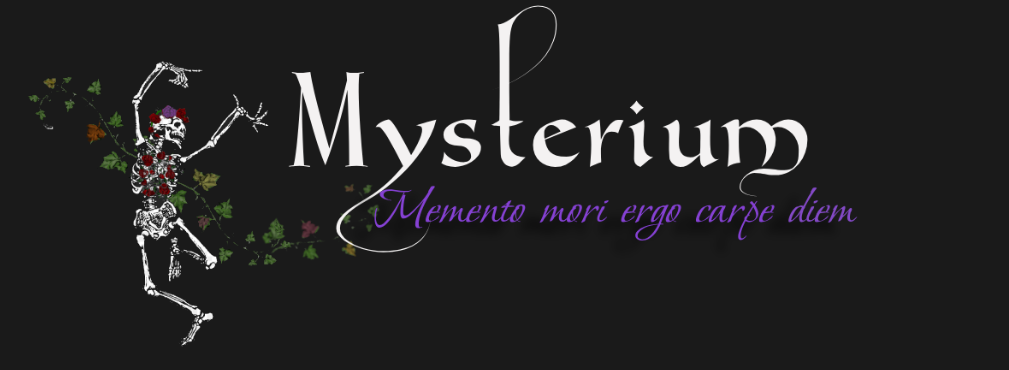
I’ve recently been attempting to trace the provenance of this proverb and its many variants. So far, I’ve found it (them) attributed to the Cuban poet José Martí, to the Talmud and to “Arabia”, to Ernest Hemingway, Jonathan Swift, Jeremy Belknap, to Taoism, to Laurence Sterne and to “the religion of the Magi” (Zoroastrianism); I’m sure that the list will continue to grow. In any case, the proverb appears to have entered the Anglosphere at some point during the 1700s.
It’s fascinating that the perceived driving sentiment changes depending on who is doing the attributing. Writers who claim the proverb for Hemingway frame it as a list of rules for manliness (and tend to append “fight a bull”); to others, who favor the Talmudic point of origin, it describes how Jews may please their God.
My own interpretation is that this still-mysterious proverb offers a profoundly simple prescription for immortality, or at least for legacy, which may be as close to that exalted state as most humans can reasonably expect to get.
We know that we will die and that death represents the final cessation of all our sensation and agency (not that the dead have any actual need of those). It follows that we can, realistically and without recourse to superstition, hope to “live on” via the traces our lives leave behind, in nature and culture and in the memories of those who knew us.
People are sometimes distracted by the idea that, in order to be meaningful, their contributions must be massive and epoch-making – that anything short of a Shakespearean talent at writing, or the musical output of David Bowie or a Churchillian impact on world affairs somehow renders a legacy meaningless. I think that perspective is a baffling combination of nihilism and egotism; “fame” may be a byproduct of the pursuit of legacy, but it’s a shallow pursuit in itself. Let’s check in with the Dead Poets Society:
Taking for granted, then, that it behooves us to try to live well and meaningfully, to be good people; how do we actually make the world a better place for the people who’ll come after us? From this perspective, legacy projects might involve:
- Having a child (and if you can’t or don’t want to have children of your own, it’s still wise to consider how you’ll pass your values on to the next generation).
- Planting a tree (or a garden, or better yet a forest, any of which will very likely provide shelter and diversity and pleasure – not to mention life-giving oxygen – to the world for many years after your own demise).
- Writing a book (or producing a video manifesto or an anthology of blog essays; these and similar work(s) of intellectual, creative art will do far more to preserve your essential self for posterity than will any process of embalming or pharaonic monument.)
I don’t believe that the list must be taken literally, and there are caveats especially with regards to #3 – forethought and care must be given to maintaining media in perpetuity – but I do think that it’s a sound set of guiding principles/challenges. Any one item, let alone the full combination, has the potential to keep you gainfully engaged for the remainder of your life (and – y’know – thereafter).
This is a notion of legacy well worth taking to heart.

Ingoldsby’s Legends has in the poem The Blasphemer’s Legend (circa 1843) There are three social duties… the planting of a tree, the producing a book then a baby.